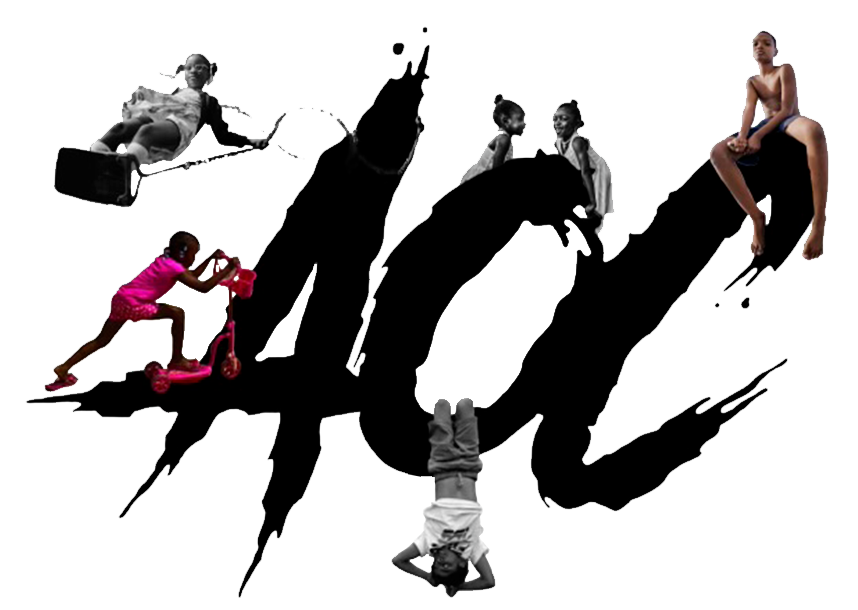When you hear the word “play,” you might picture kids running around a playground or a family gathered around a board game. But the truth is, the power of play runs much deeper than just a way to pass time. Play is essential to human development, creativity, connection, and even healing. It’s more than just “fun” — it’s a fundamental part of life that too often gets overlooked.
What is the meaning of power of play?
The power of play refers to the incredible impact that playful experiences have on our mental, emotional, social, and physical health. It’s about more than entertainment; it’s about how play shapes our brains, relationships, and view of the world. Play isn’t just for children either. It’s a universal, lifelong need that encourages exploration, imagination, and emotional resilience. When we embrace the power of play, we allow ourselves the chance to grow, adapt, and thrive in ways that structured activities and rigid routines can’t always offer.
What are the 5 benefits of play?
We often underestimate how much play contributes to our wellbeing. Here are five standout benefits that highlight the power of play:
- Cognitive Growth: Play sparks critical thinking and problem-solving skills. Whether it’s a toddler stacking blocks or an adult solving a puzzle, playful challenges help the brain form new pathways and strengthen old ones.
- Emotional Expression: Through play, individuals of all ages can process emotions in a safe, natural way. It gives space to act out fears, joys, frustrations, and hopes without judgment.
- Social Skills: Play teaches cooperation, negotiation, empathy, and conflict resolution. From playground games to team sports to cooperative video games, playful interactions help build important social muscles.
- Stress Reduction: Laughter, movement, and creative expression—all common in play—lower stress hormones and promote feelings of happiness and relaxation.
- Physical Health: Active play strengthens muscles, improves coordination, and boosts cardiovascular health. Even gentle movement play, like dance or casual outdoor games, offers physical benefits.
Each of these advantages shines a light on just how vital it is to prioritize the power of play in everyday life.
What is the power of play theory?
When we talk about “theory,” it can sound dry or clinical, but the power of play theory is anything but boring. This idea comes from psychology, education, and even evolutionary biology. It suggests that play isn’t random or “just for fun” — it’s a biological drive, like sleep or hunger. According to experts like Dr. Stuart Brown, founder of the National Institute for Play, playful behavior is crucial for survival. Animals that play more often have stronger social bonds, better problem-solving skills, and more adaptable brains.
In humans, the power of play theory explains why children who engage in varied types of play — pretend, physical, social — tend to do better academically, emotionally, and socially. It also supports the idea that adults benefit from play throughout their lives, helping maintain cognitive flexibility and emotional resilience. Play acts as a rehearsal for real life: testing boundaries, imagining possibilities, and learning new skills in a low-risk environment.
What is the power of play in adults?
Play is not a “childhood-only” activity. In fact, one of the biggest tragedies of modern adulthood is the misconception that play becomes “unnecessary” after a certain age. Adults need the power of play just as much — sometimes even more.
For adults, play can take many forms: pickup basketball games, painting, dancing in the kitchen, board games with friends, role-playing games, improv classes, even playful flirting. Engaging in these activities encourages creativity, relieves stress, deepens relationships, and provides a much-needed escape from the grind of daily responsibilities.
Research shows that adults who make time for play are often more innovative at work, have stronger personal relationships, and report higher levels of life satisfaction. Play reminds adults that joy and spontaneity are just as important as productivity. Without play, life can easily become a series of to-do lists and deadlines, leaving little room for wonder, imagination, and authentic human connection.
Final Thoughts
When you really think about it, the power of play touches almost every aspect of life. It’s not just an “extra” or a “nice-to-have”; it’s a necessity. Play helps us connect to our emotions, to other people, and to ourselves. It fuels our growth, our healing, and our happiness. Whether you’re climbing a jungle gym or making up silly songs on a road trip, you’re tapping into something deeply human and profoundly important.
So, the next time life feels overwhelming, remember: sometimes the smartest, healthiest thing you can do is simply play.
Children’s Mental Health Services in Houston & San Antonio Texas
Accepting Medicaid & Private Insurance
Reach out
Phone Number: 1-855-AOC-6100
24 Hours Crisis Line: 832-934-7770
Hours: Monday-Friday 9-5PM
Location: Houston & San Antonio areas
Houston Email: admin@aocoutreachservices.com
San Antonio Email: admin.sa@aocoutreachservices.com
Insurance Accepted
Medicaid: Texas Children Health Plan, Superior Health Plan, Molina Healthcare, United Healthcare
Private: Aetna, Blue Cross Blue Shield, & Cigna
Offices
Houston Office: 6671 Southwest Freeway, Suite 675, Houston, Texas, 77074
San Antonio Mailing Address: 45 Northeast Loop 410 Suite 207, San Antonio, Texas 78216
Follow Us
learn more
Start Services


